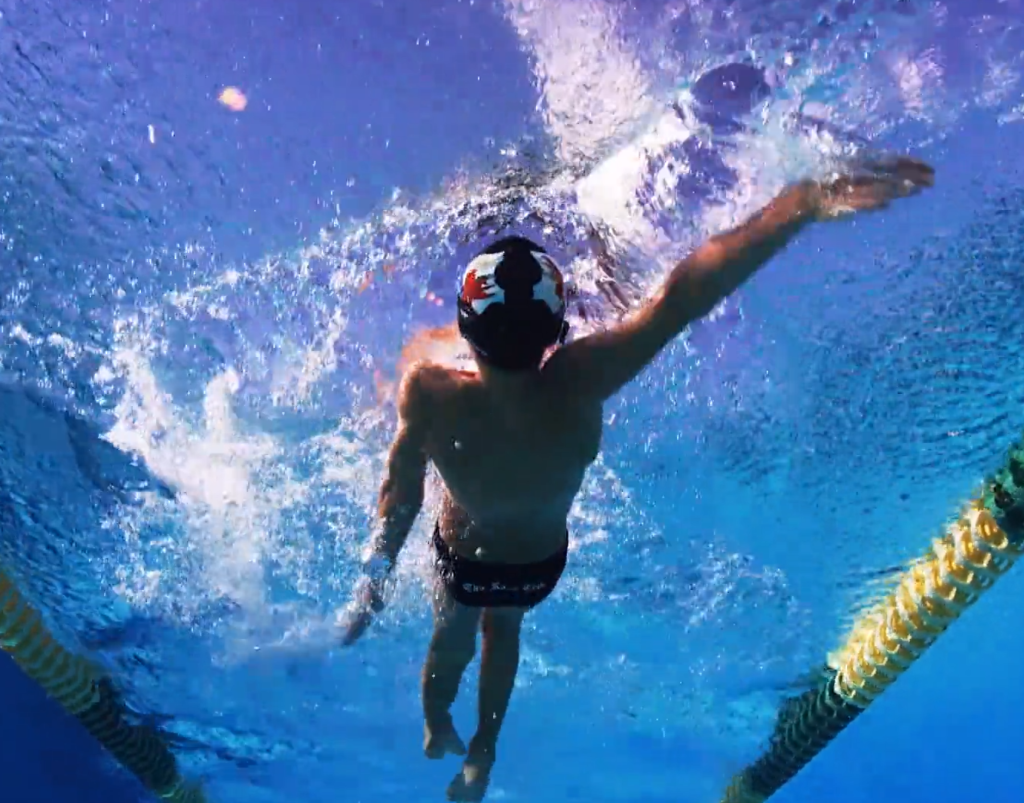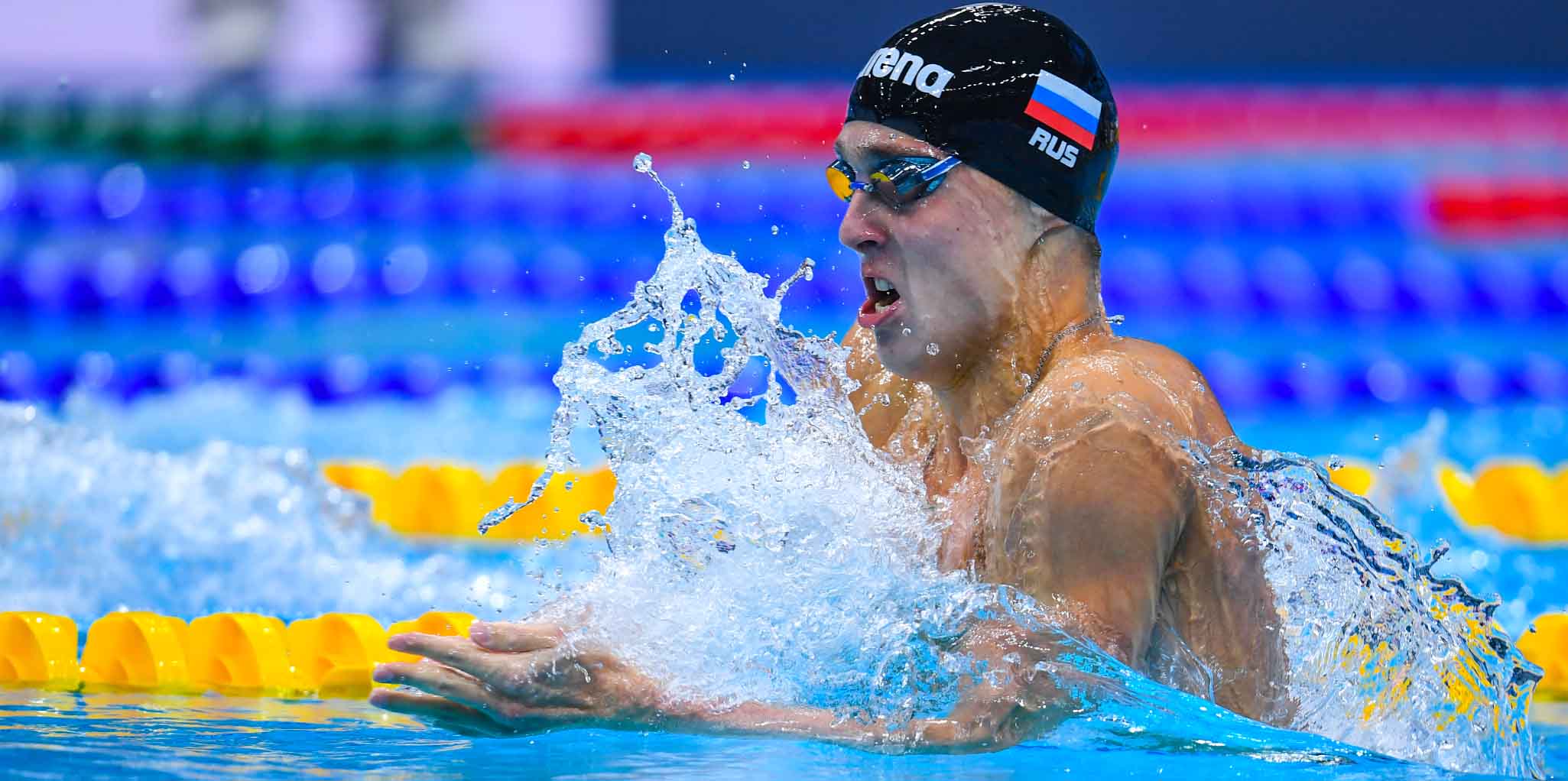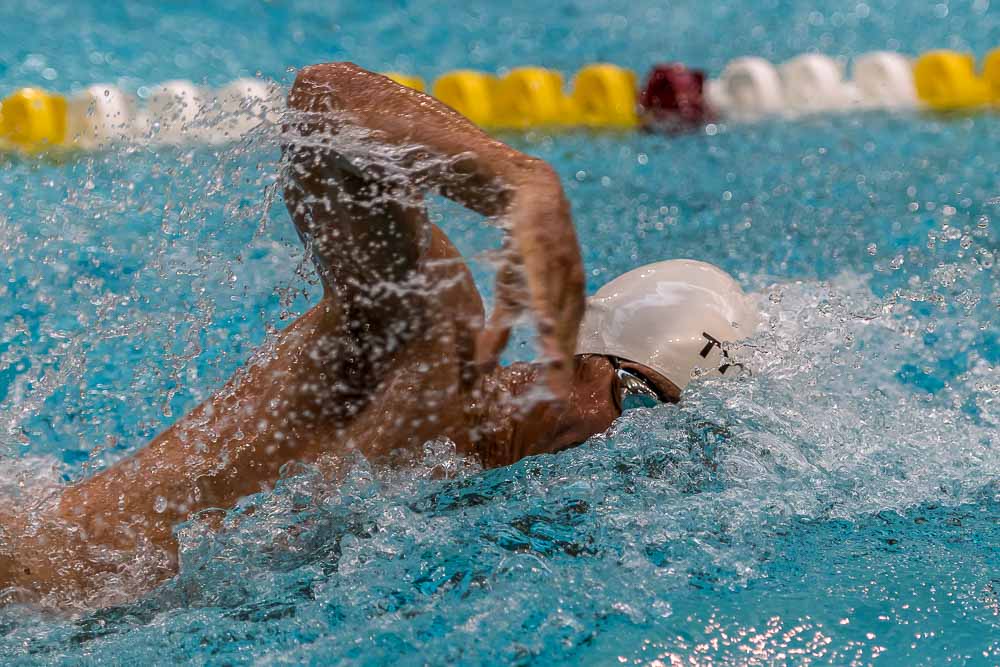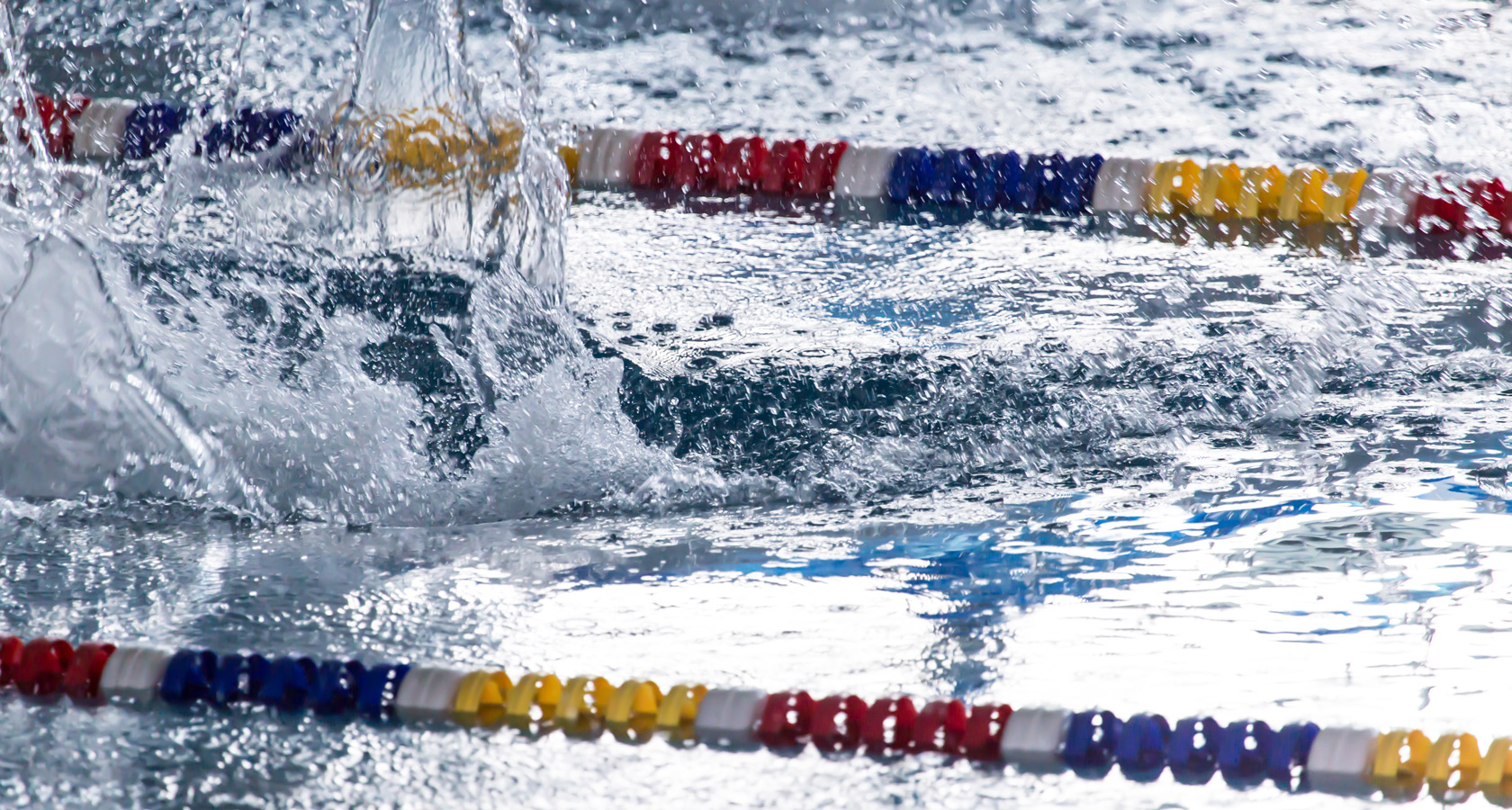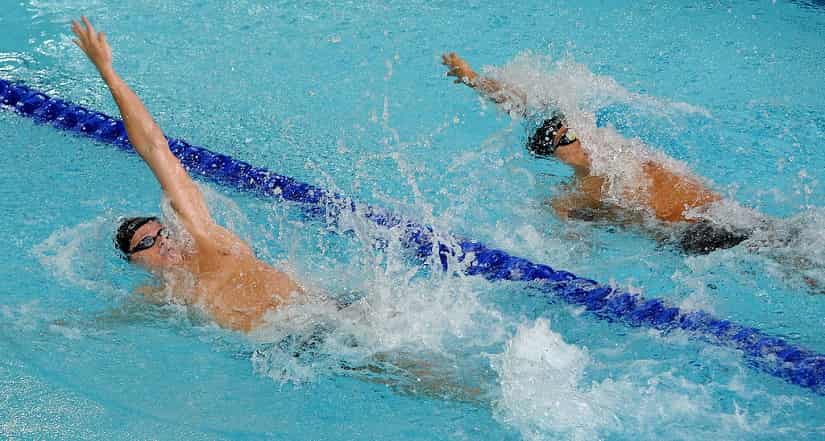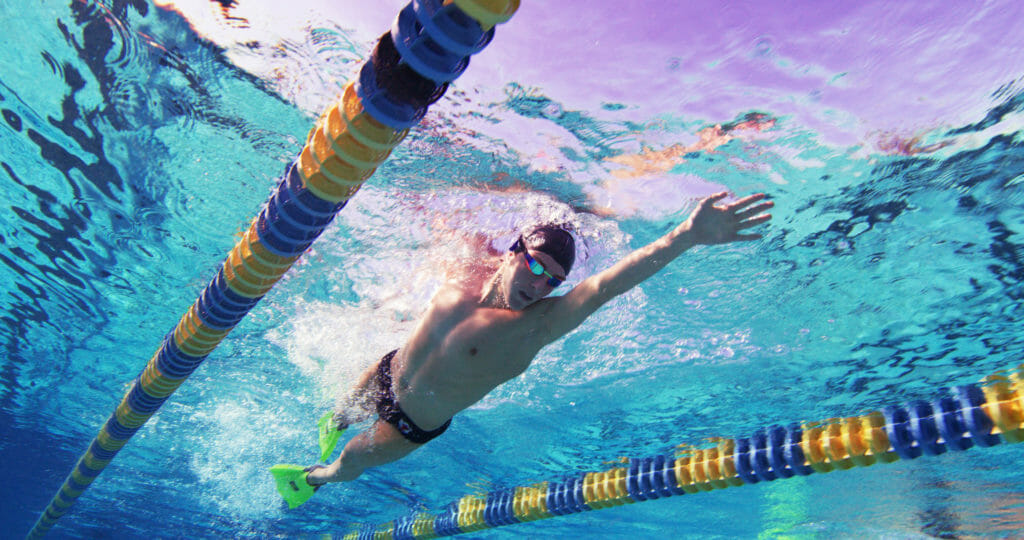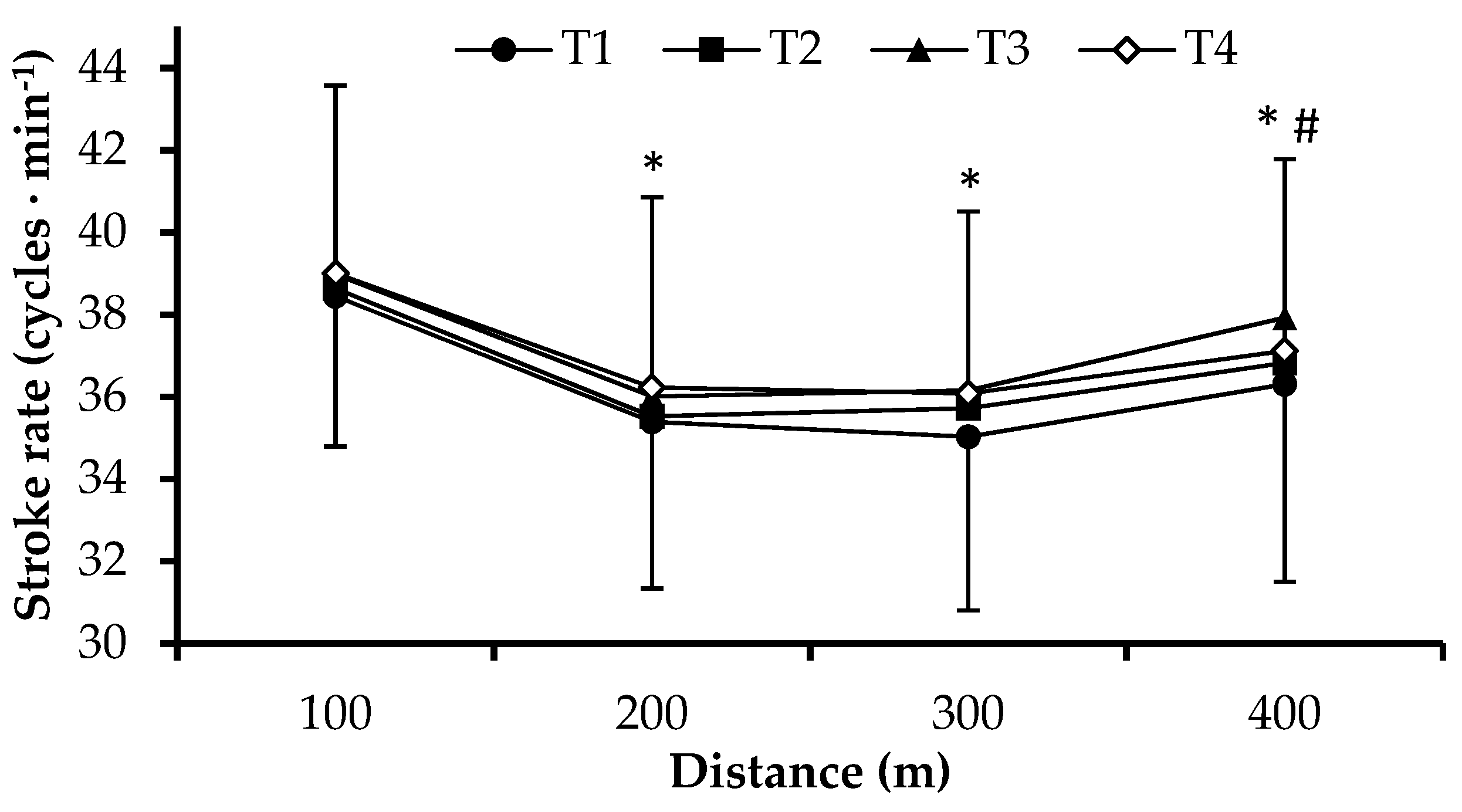Long Distance Swimming Stroke Rate

Two important coupling motions that impact your swim speed.
Long distance swimming stroke rate. Remember stroke rate changes in different events. Swimming is an excellent cardiovascular exercise particularly if you swim intensely enough to achieve your target heart rate. Attacking full 10k at the beginning can only end up with an injury or you losing all your motivation. Your rate for a 50 will be different than your rate for your 1500.
80 spm is a high stroke rate. Exercising below your target heart rate has no effect on your heart or lungs according to the. Most long distance races are in the 24 to 59 km 15 to 37 mile range though some such as the lake george marathon 67 km 41 5 miles and the lake michigan endurance swim 80 km 50 miles both in the united states have been longer. 40 strokes per minute spm is considered a slow stroke rate.
And have i ever mentioned what kicking does for swimming. For example if stan s rate remains the same and he swims a 100 in 1 10 then he would have taken 63 stroke cycles with a dps of 1 59 meters he took more strokes and went slower an indicator that something might need fixing. It allowed swimmers to generate more speed in short bursts but was too tiring to sustain for very long. Long distance aerobic swimming for seniors.
Connected to this is your stroke length which shows what distance you swim by stroke. Speed is a skill. In a 50 meter pool where the time spent swimming between turns is over two times greater the short burst speed of the sc stroke was no match for the sustainability of the lc stroke. Swimming and the butterfly stroke.
Competitive stroke rates for swimmers and triathletes alan couzens m s. Long distance swimming is a constant process and as in cycling and running you need to set your workout goals in a particular way so you can progress gradually. A typical age group triathlete may have a stroke length that allows them to complete 50m in about 38 52 strokes and a stroke rate of 54 64spm strokes per minute. In my last post i looked at some target swim benchmarks across the distance spectrum for swimmers and triathletes a key component of being able to hit these benchmarks moving away from the dreaded one speed swimmer status is developing the ability to change.
Shoulder driven freestyle demands a higher stroke rate. Now rpm becomes as important as the shear power of each stroke. Maintaining a tight streamline and dolphin kicking underwater are critically important as are a good transition and breakout. Any swimming competition longer than 1 500 metres 1 640 yards is considered distance swimming.
The biggest single difference between the biomechanics of an elite pool swimmer and an elite open water swimmer is in the balance between their stroke rate and stroke length. Stroke rate is how many strokes you take in a minute counting both arms.



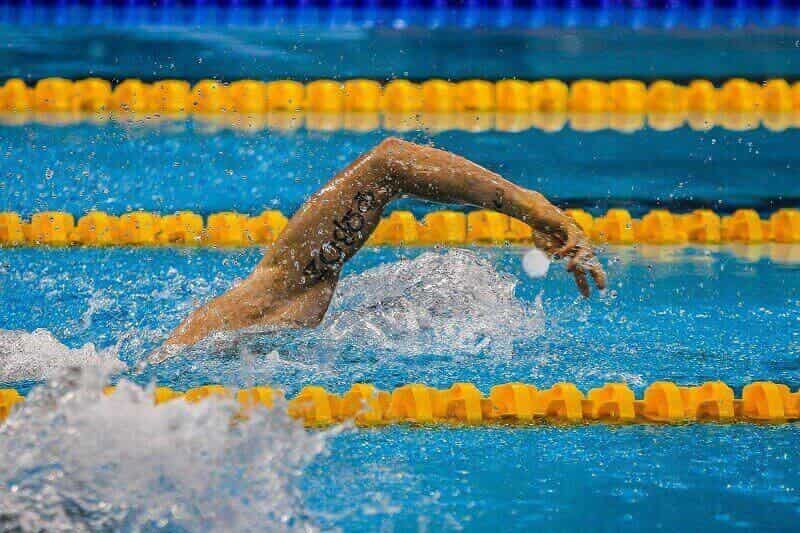




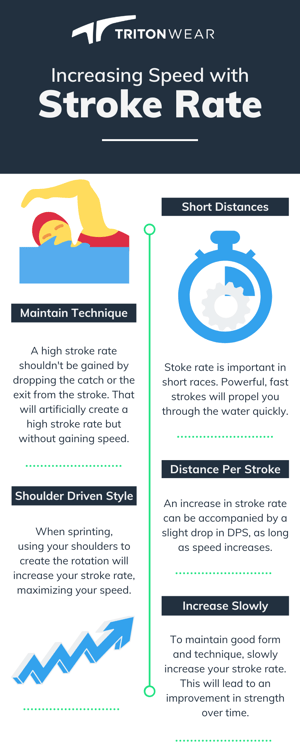




.png?t=1541610578675&width=500&name=Sjostrom_100m%20Freestyle%20(Speed,%20Stroke%20Rate,%20DPS).png)

